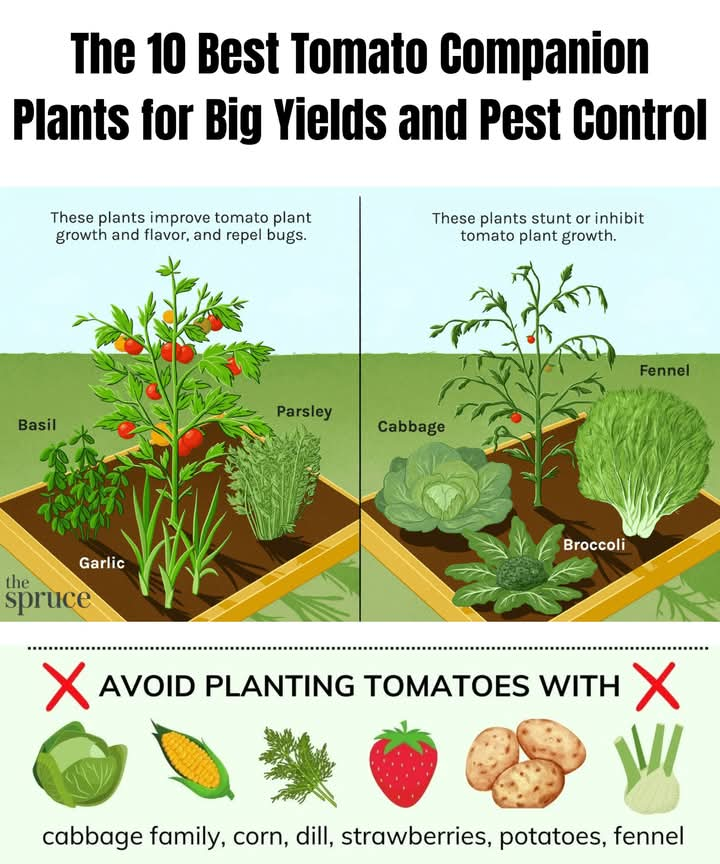Benefits of Farm Mechanization And Challenges
Farm mechanization involves using machines and technology to enhance the efficiency and productivity of agricultural activities. By incorporating tractors, plows, harvesters, irrigation systems, and other machinery, farm mechanization reduces the physical labor required and significantly increases the speed and scale of farm operations.
Benefits of Farm Mechanization:
1. Increased Productivity: Machines can accomplish tasks much faster and more efficiently than manual labor, allowing for larger areas of land to be cultivated, planted, and harvested in less time.
2. Improved Crop Yield: Precision planting, fertilizing, and harvesting improve crop yields by minimizing waste and ensuring that plants receive optimal resources.
3. Labor Savings: Reduces reliance on manual labor, which is particularly beneficial in areas with labor shortages or high labor costs.
4. Cost Efficiency: Though initial investment costs may be high, mechanization can lower long-term costs by improving efficiency and reducing labor expenses.
5. Environmental Benefits: Advanced machinery can support sustainable farming practices, such as reduced tillage, that preserve soil health and reduce erosion.
Challenges of Farm Mechanization:
1. High Initial Costs: Acquiring machinery and setting up infrastructure require significant investment, which may be a barrier for smallholder farmers.
2. Training Requirements: Proper training is essential for operating and maintaining machines, making skilled labor important.
3. Dependency on Fuel and Maintenance: Machines require fuel and regular maintenance, leading to additional operational costs.
4. Impact on Employment: Mechanization may lead to reduced employment opportunities for manual farm laborers in some regions.
Conclusion: Farm mechanization is transforming agriculture, making it more productive, efficient, and sustainable. However, its successful implementation requires balancing costs, ensuring training, and addressing the potential socioeconomic impacts.




